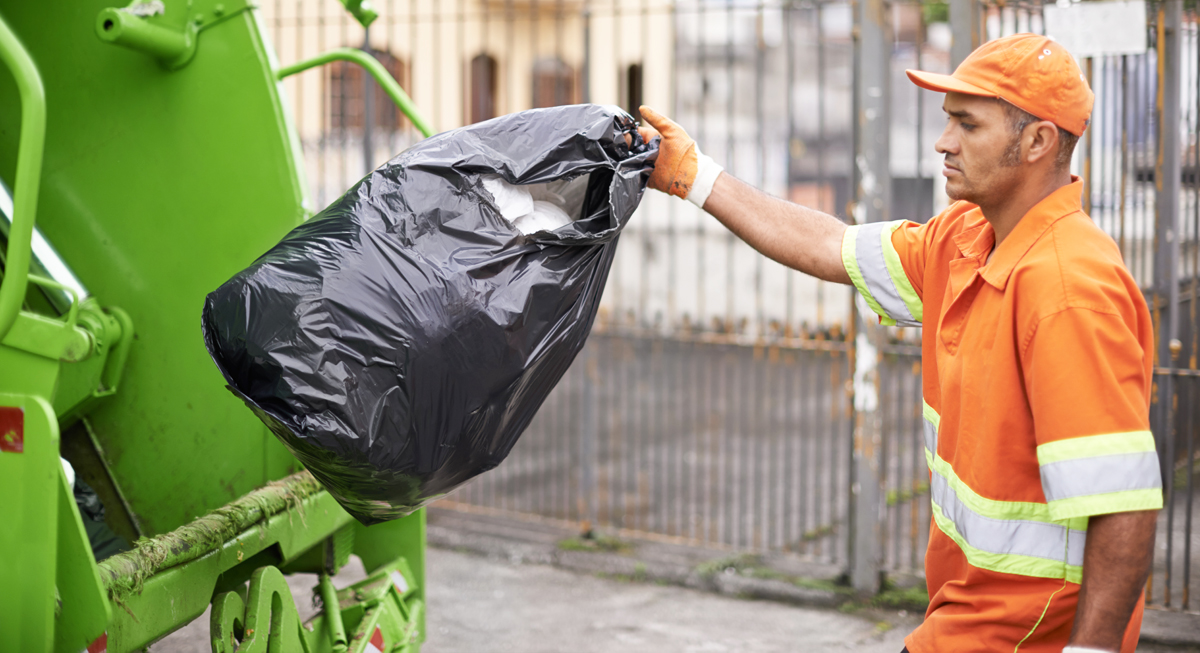Most of us think garbage disposals can handle almost anything until they get clogged with greasy leftovers and fibrous veggie scraps. Turns out, there’s a long list of things that can damage these hardworking appliances, and we just don’t realize it. From creating stubborn clogs to dulling the blades, the wrong items can wreak havoc. If you want to avoid this same headache down the road, here’s a list of things to keep far away from your disposal.
Grease, Oil, and Fat
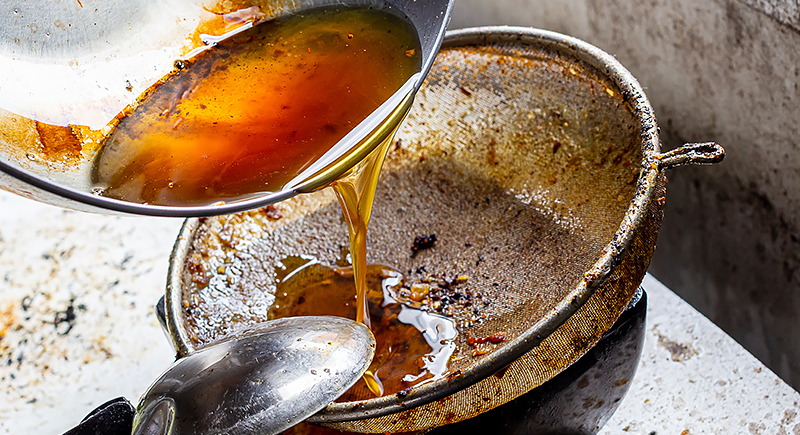
Credit: iStockphoto
Pouring grease down the drain feels harmless, but as it cools, it solidifies. This creates a sticky mess that clogs pipes over time. Even pouring down hot water won’t help; the buildup just moves deeper into your plumbing and makes repairs inevitable.
Coffee Grounds
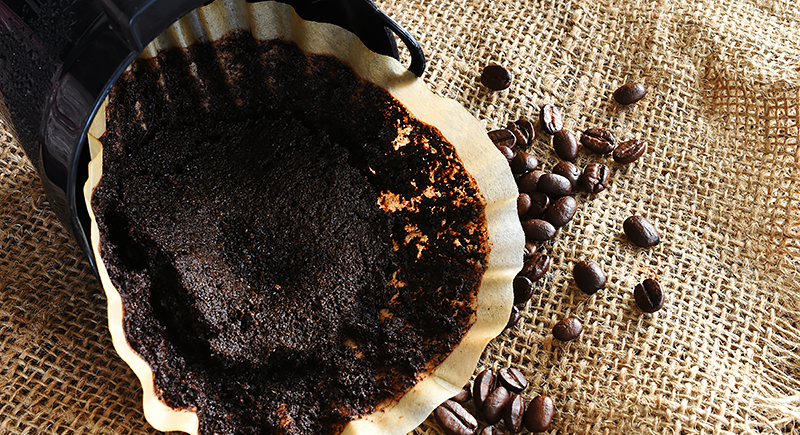
Credit: iStockphoto
Coffee grounds clump together when wet. Over time, they form a dense, sludgy layer that can choke your pipes. Composting them is a much better option for both your sink and, of course, the environment.
Eggshells
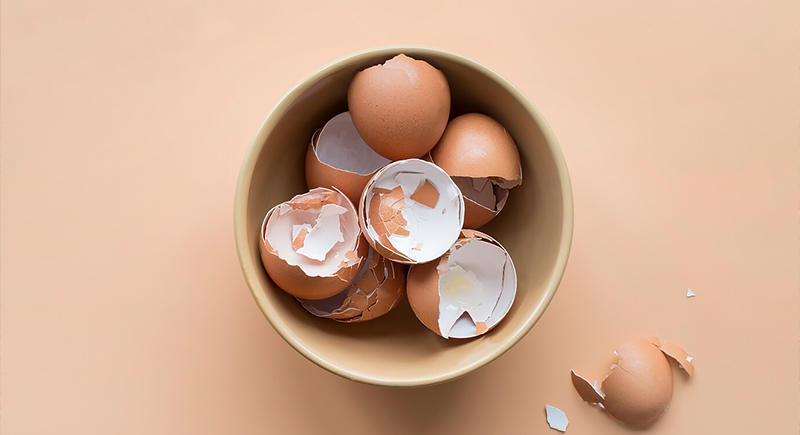
Credit: freepik
Eggshells are thin and easily crushable so you’d think they’re an easy job for your disposal. However, their membranes can wrap around the blades of your disposal. Meanwhile, the gritty shell fragments can settle in your pipes and create sediment that can lead to blockages.
Potato Peels
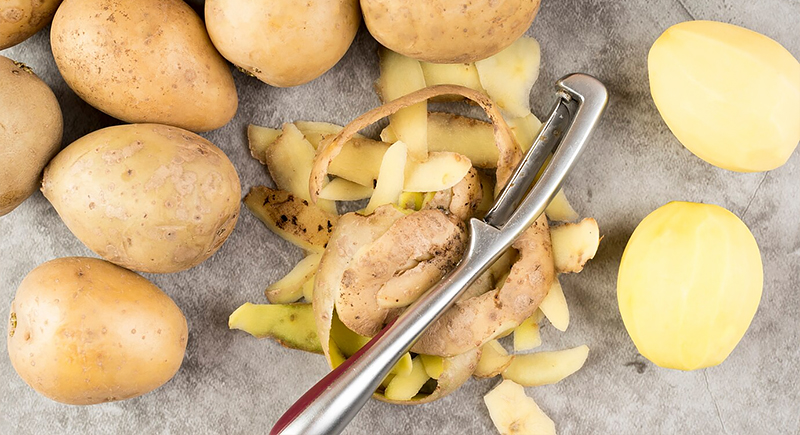
Credit: freepik
Ever noticed how mashed potatoes get sticky? The same starch in potato peels can form a thick paste when processed by your disposal. This paste clogs your pipes and makes your disposal work harder than it should.
Pasta and Rice
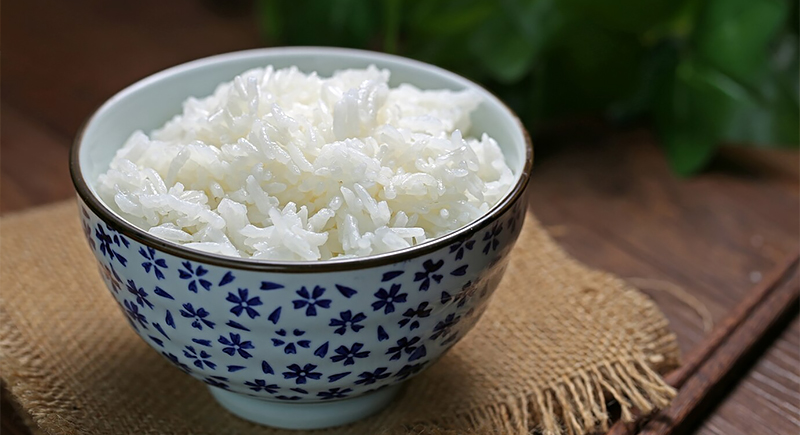
Credit: freepik
Pasta and rice expand when soaked in water, and the same thing happens when they land inside the disposal pipes. Even a small amount can swell into a blockage and leave you with slow drains and a big headache. We recommend tossing those leftovers in the trash instead.
Bones

Credit: iStockphoto
Whether it’s chicken, beef, or fish, bones are simply too hard for your disposal. They can dull the blades, damage the motor, or even jam the whole system. Throwing them away can save you a world of trouble and expenses.
Fruit Pits
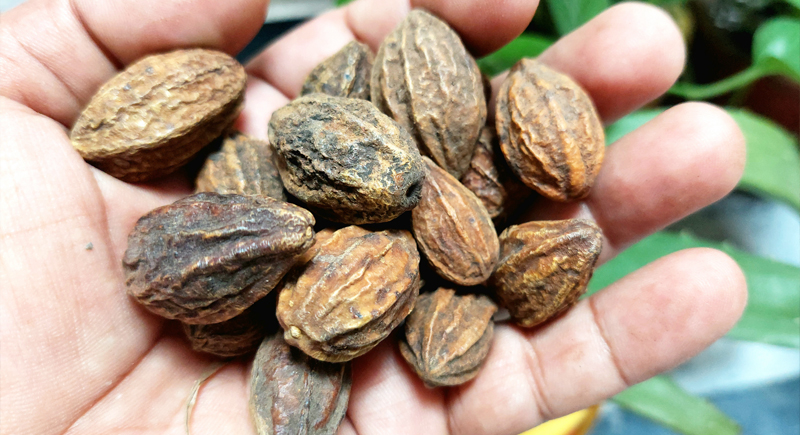
Credit: iStockphoto
The rule of thumb is that if a knife can’t cut through it easily, your disposal can’t either. Fruit pits like those from peaches, cherries, or avocados are too tough and can damage the grinding mechanism, leading to costly repairs.
Fibrous Vegetables
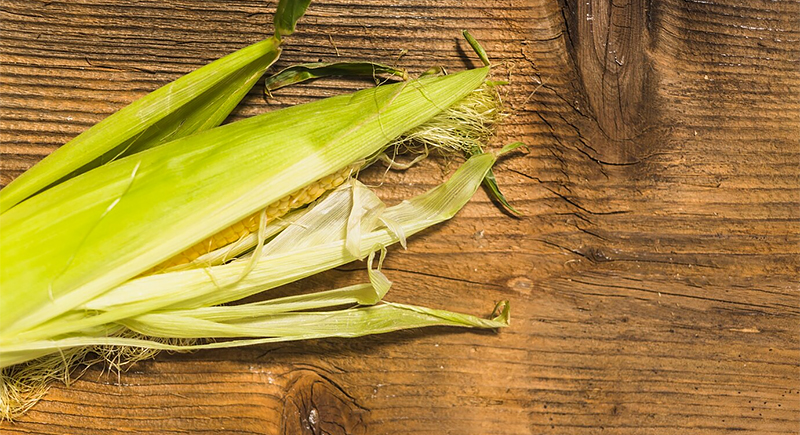
Credit: freepik
Stringy veggies like celery, corn husks, or asparagus are a disposal’s worst nightmare. The fibers wrap around the blades and motor, causing jams. These can also create blockages deeper in your pipes if they slip through.
Seafood Shells
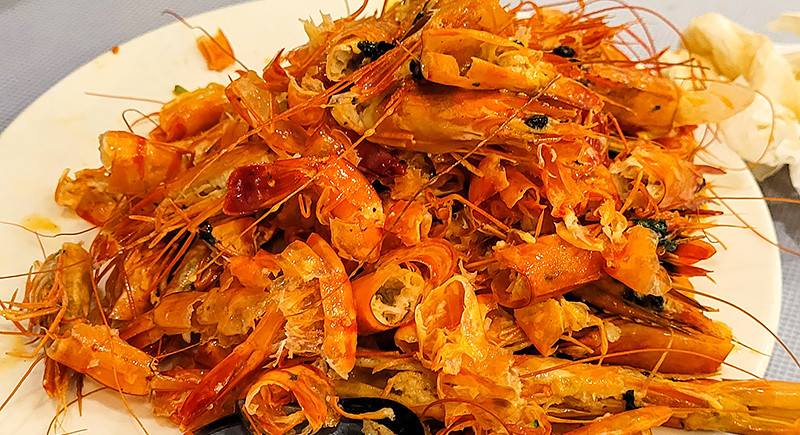
Credit: iStockphoto
Crab and shrimp shells are tough, gritty, and sharp. Not only do they dull the blades, but they also don’t grind down well. Instead, they can clog the system and make it less effective over time.
Non-Food Items
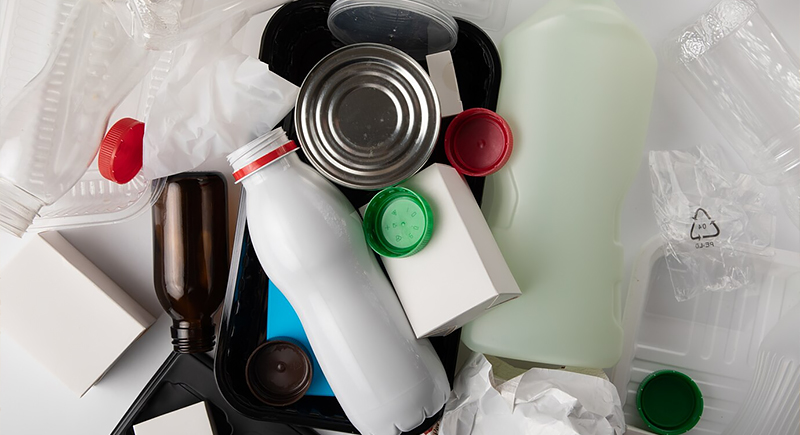
Credit: freepik
It may seem obvious, but non-food items like plastic, glass, or paper sometimes end up in disposals accidentally. These materials can destroy the grinding mechanism and lead to expensive repairs. Always check before you turn on the disposal.
Citrus Rinds
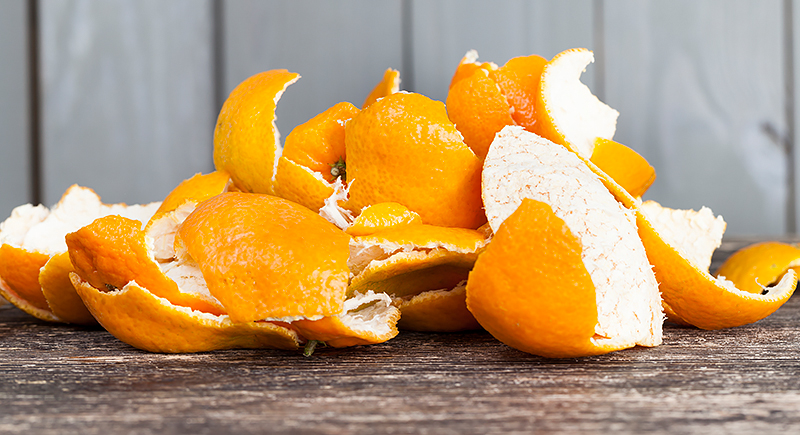
Credit: iStockphoto
Small bits of citrus peel can freshen your disposal, but tossing them in large pieces or entire rinds is a bad idea. Their tough texture can dull the blades, and the oils can create a residue that clogs your system over time.
Sticky Foods
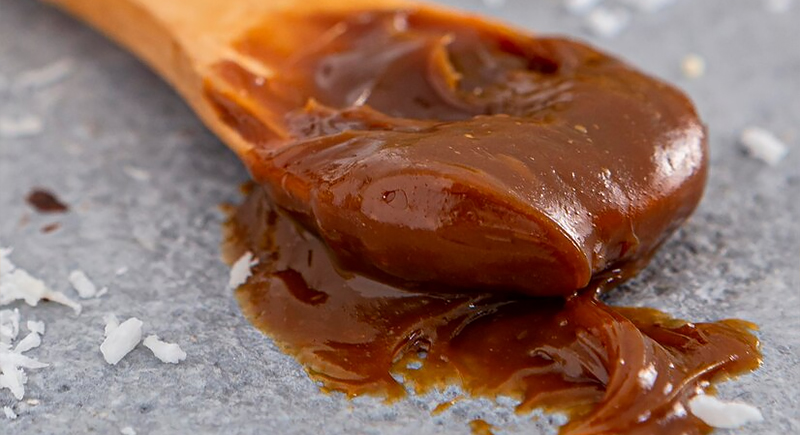
Credit: freepik
Chewy or sticky items like gum and caramel are disposal enemies. They cling to the blades and inner walls, which makes it harder for the machine to work efficiently. Over time, they create buildup that’s tough to clean.
Onion Layers
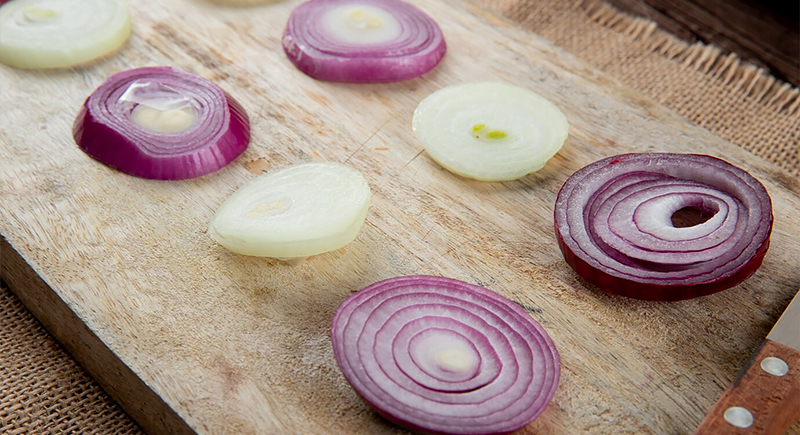
Credit: freepik
The thin, papery layers from onions don’t break down easily. They can slip past the blades and get stuck in the pipes, causing clogs. Toss those outer layers in the trash instead to save your plumbing.
Large Food Chunks
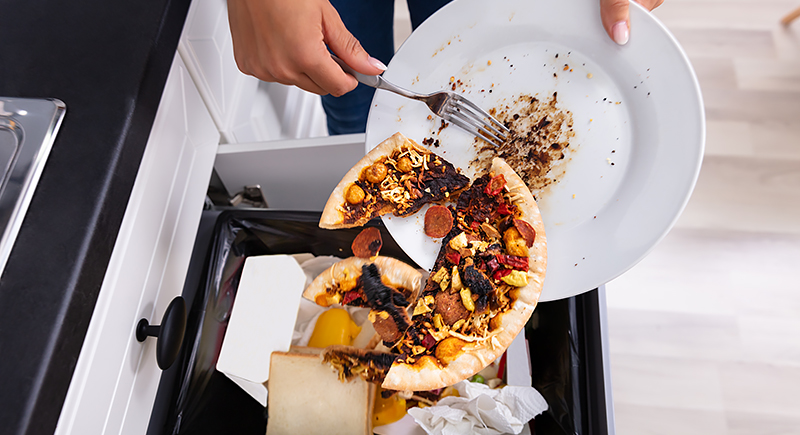
Credit: iStockphoto
Disposals are great for small scraps, but large food chunks overload the system. They don’t grind properly and often end up getting stuck. Cut leftovers into smaller pieces before disposing of them—or better yet, compost them.
Household Chemicals
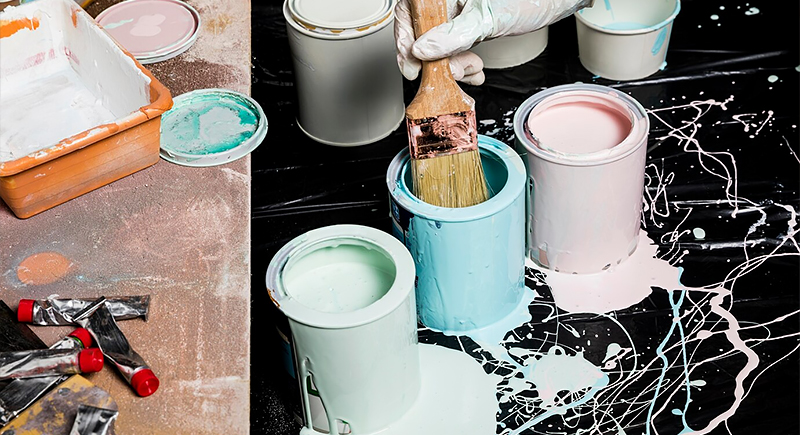
Credit: freepik
Disposals are not designed to handle cleaning chemicals or paint. These substances can corrode the components and damage your pipes. Plus, they’re harmful to the environment when washed down the drain. Make sure to dispose of them responsibly.

